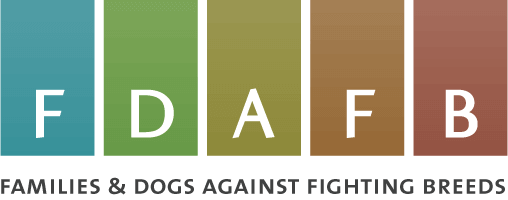Who Pays the Medical Bills?
In the State of Washington, very few insurance companies will cover injuries caused by pit bulls and other fighting breeds on the liability clause of the homeowner’s policy. Therefore, many owners of pit bulls and other fighting breeds are often “judgment proof” — they are commonly uninsured and are renters. Victim of these attacks, without adequate financial resources themselves, are left with few ways to pay their medical costs. Personal healthcare coverage does not include “being attacked by a dog.”
In Seattle, many owners of regular dogs—non-fighting breeds—no longer feel comfortable taking their dogs to off-leash areas for fear of their pet being attacked. As citizens, we all pay for our parks and dog parks, and many dog owners feel they can no longer attend these parks safely. In many cases, attacks that have occurred in public environments, have involved a person walking a leashed pet and a pit bull first attacking the pet and next attacking the person as he or she intervenes to stop the attack.
In September 2018, a business owner and her dog were attacked by a pit bull whose owners were living in an RV parked in the SODO district. “It was a pit bull. How long did he have my hand? It went by so fast I can’t even tell you, but it was the most unbelievable pain I’ve ever felt,” said Leslie Shelton, owner of Sweet Lilly’s Doodles. Days later, another dog residing in a RV one block away viciously attacked a man, who was taken to Harborview Medical Center. Obviously, none of these victims will be able to pursue reimbursement of medical costs.
In December 2018, a pit bull escaped a Seattle home, barged into St. Therese Catholic Academy and attacked a third grader. The dog “jumped on one of my friends and started attacking me,” said 8-year-old Doris Dickerson. “It just dragged me.” It took three teachers to wrestle the dog out of the school. Currently, Seattle does not restrict or regulate fighting breeds in any kind of way. Each residence can legally own up to three pit bull terriers or three Dogo argentinos or three Presa canarios or three Tosa inus.
Learn About our Legislative Proposal »
